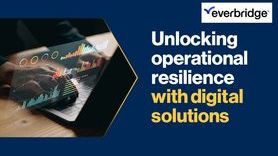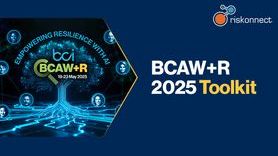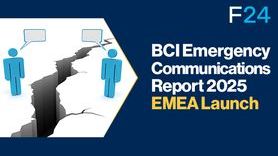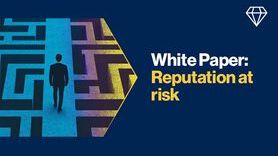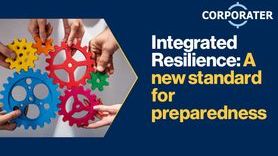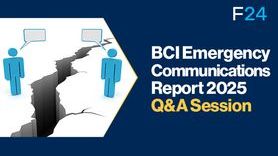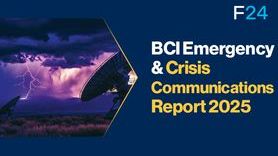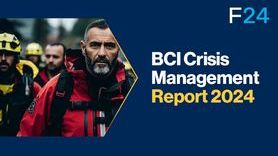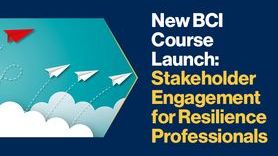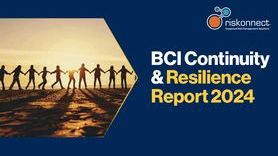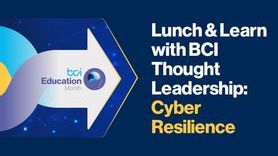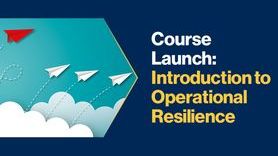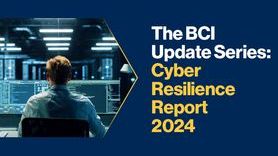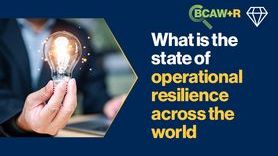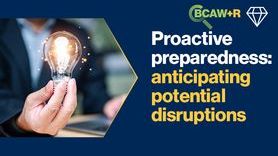Ransomware attack on KP Snacks
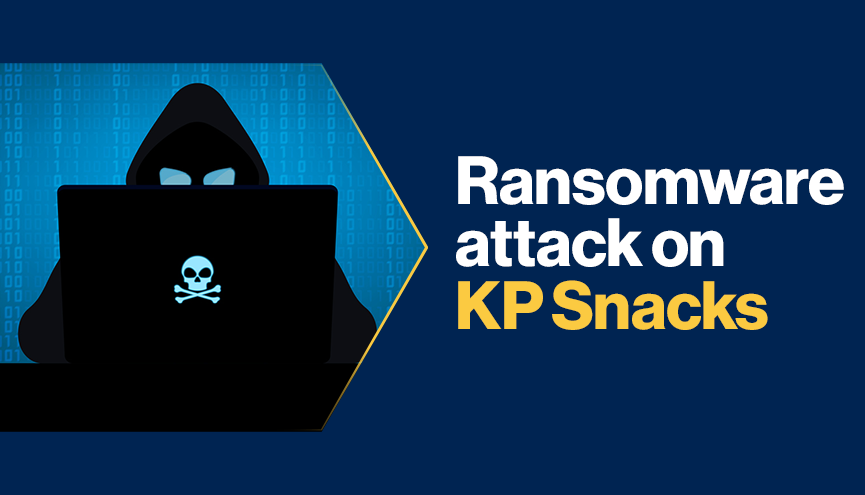
A ransomware attack has targeted the popular snack retailer, KP Snacks, with shops warned that it could lead to a delivery shortage of its products.
According to reports by Better Retailing, the business sent a letter to stores on 2 February stating that it cannot safely process orders or dispatch goods. The attack began on 28 January and has impacted the organization’s IT and communications system. As a result, the business has noted that it could be affected until the end of March at the earliest.
In a post on the darknet, the cyber criminals had published personal documents from staff under the company’s letterhead, says BBC News.
As noted on The BCI’s recent ‘Anatomy of a Crisis’ panel discussion, which considered the effects of a ransomware attack on a fictional organization, a common method of attack for cyber criminals is to ex-filtrate private business data/documents and hold it to ransom, as appears to be the case here.
Response plans were also discussed during this exercise, with the panel of experts noting that an important first step is to establish the scale of the attack and what services with the organization have been impacted. It is also key to have an effective response team in place with representatives from the BC and risk management, legal, IT and communications departments, with a view to reporting to a strategic team further up the corporate ladder.
In this case, KP Snacks has confirmed that it began its own response strategy immediately: "As soon as we became aware of the incident, we enacted our cyber-security response plan and engaged a leading forensic information technology firm and legal counsel to assist us in our investigation. We have been continuing to keep our colleagues, customers, and suppliers informed of any developments and apologise for any disruption this may have caused.”
If you need more information and advice on handling ransomware and other cyber-attacks, visit The BCI’s ‘Anatomy of a Crisis’ panel discussion and the BCI Cyber Resilience Report 2021.



